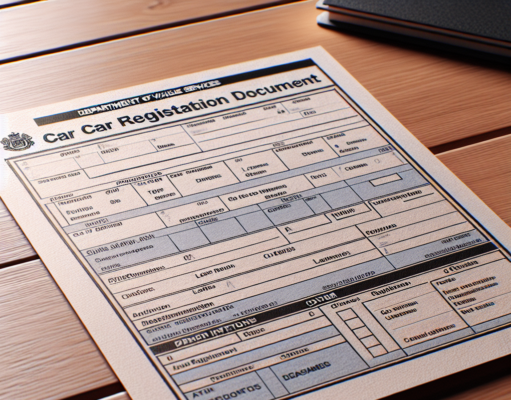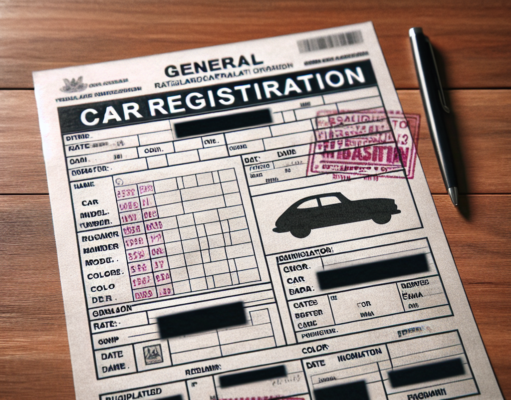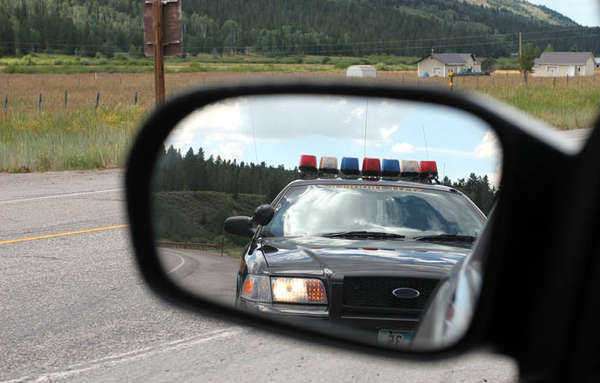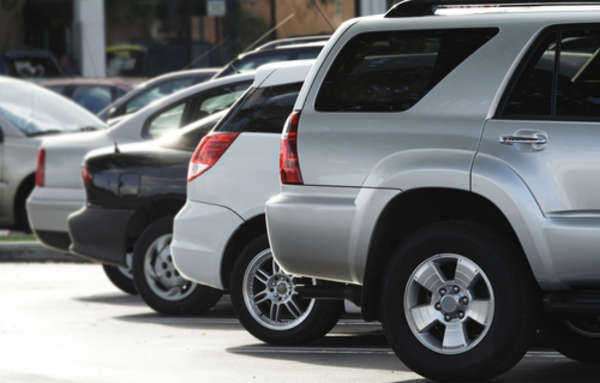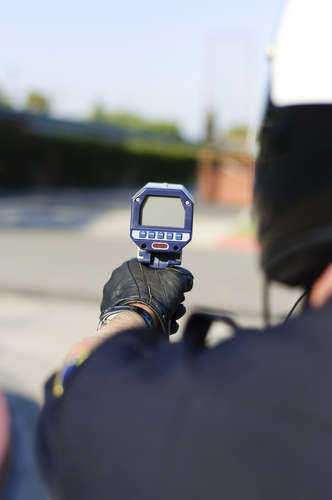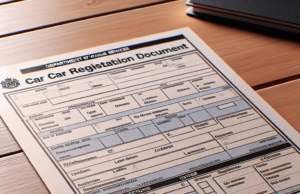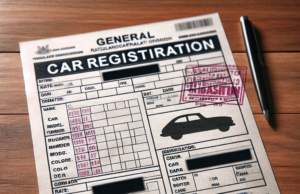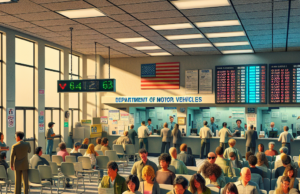North Dakota Parking Laws

A brief guide to North Dakota parking laws
A driver's responsibilities do not cease when they are no longer in motion. You must be aware of every North Dakota parking law or risk receiving a ticket. These can result in financial penalties which can easily be avoided. Some North Dakota parking laws are common sense and are true nationwide. Others are specific to the state and will require you to consult its driving manual.
North Dakota parking laws which are true regardless of which state you are include:
• You may not leave your vehicle in front of a driveway or railroad
• On a bridge
• In the middle of an intersection
More specific aspects of North Dakota parking law concern how close to certain features you may leave a vehicle. These distances are different in every state. Be aware of the following North Dakota parking laws:
• It is illegal to park your vehicle within ten feet of a crosswalk at an intersection
• North Dakota parking law does not allow you leave your vehicle any closer than ten feet to a fire hydrant
• You may not park your vehicle within 15 feet of any traffic signal which is on the side of the road, such as a stop sign or flashing traffic signal. The purpose of this North Dakota parking law is to make sure you do not accidentally obstruct these important guides for drivers.
One law specific to the state forbids you from leaving your vehicle next to another parallel parked automobile while blocking the street. While this kind of double parking is allowed in many states, North Dakota parking laws forbid it in all situations. If you are parallel parking, your right wheel should be within one foot of the sidewalk curb.
Some rules require you to use your judgment. For example, North Dakota parking laws do not allow someone to park next to or across the street from road work in a way that would obstruct the flow of traffic. Since there is no specified distance for how close your vehicle must be, you must look carefully before parking to make sure you have taken reasonable steps to obey this rule.
There is no North Dakota parking law specifically prohibiting you from leaving your vehicle on the highway. However, there is no reason to do so unless you have had an automotive malfunction. In such cases, North Dakota parking laws require you to get your vehicle out of the flow of traffic. If it is before sunrise or after sunset, you should make sure your automobile is properly illuminated from both the front and back to avoid the risk of collision.
In addition to studying North Dakota parking law, you should keep your eyes open at all times for additional instructions which should be followed. For example, you should never park anywhere if a "no parking" sign indicates you are forbidden to do so.

